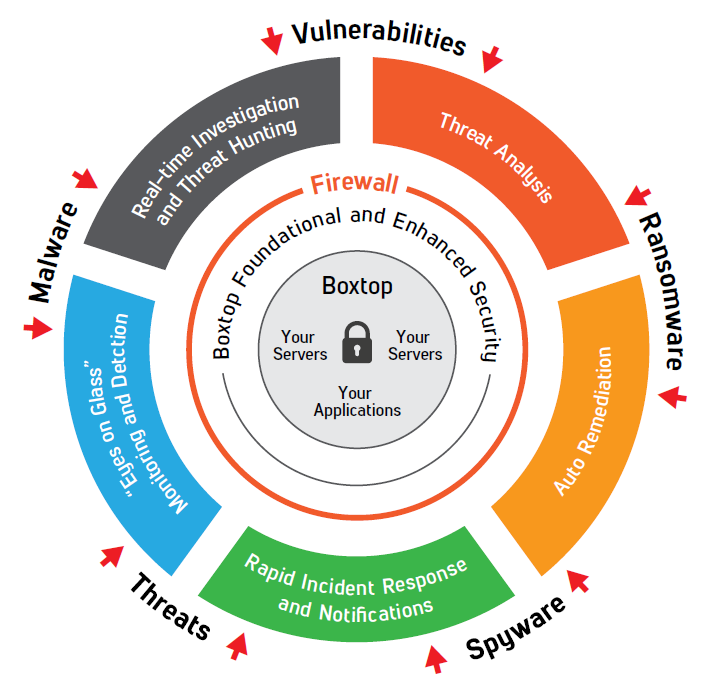A security operations center (SOC) is a team of IT security experts whose sole focus is to proactively monitor your firm’s security, detect and analyze threats, and respond and remediate when necessary. To be effective, the team of highly-qualified experts must work 24x7x365 so that they can rapidly respond to any emerging threat. For the vast majority of small and midsize firms, it simply does not make financial sense to build this function in-house, yet with cyberattacks increasing in sophistication and volume, it is far too risky to ignore the need for a SOC. Many small and midsize firms choose to partner with a third-party IT security provider that offers Security Operations Center as a Service (SOCaaS) to ensure constant, proactive protection against cybersecurity threats.











